We need to talk (even if it's hard)

I'll admit, I'm struggling to follow my own advice right now, in particular the recommendation that we converse with those whose viewpoints are very different from ours, whenever we can.
The reason, I think, is this feeling of being under assault. In our current moment we may perceive a gulf between our values and the values of those we see as having contributed to the current situation, and that gulf can seem nearly impossible to bridge.
For example,"generosity" is a value I hold dear, inspired by my late father. Since the U.S. is the world's wealthiest country, the current administration's elimination of international development programs that help people in poorer countries feels in direct opposition to that value to me, and thus is something I do not support.
OK. But is it fair to extend the perceived values assault to those who favor the dismantling of these programs, who perhaps helped the dismantlers rise to power?
In January, Rollie Olson, Democracy and Bridgebuilding Program Manager at Interfaith America wrote in The Fulcrum that "Voting, particularly in the constraints of our horse-race-style, two-party system, reflects preference, not the entirety of a person’s values or identity." We should not conflate the way someone voted with that person's value set, he says; people are more complex than that simple equation would suggest. We should choose curiosity when thinking of people, not caricature.
The conflation he mentions falls down logically as well, especially if you had a previous relationship with the person in question. What, did they suddenly change their values? Are values even fluid in that way?
Gregory Maio at the University of Bath suggests that no, values are relatively static, though their monikers are too abstract to be useful on their own. He refers to values as "symbolic placeholders" that are given meaning when we explain or act on them. You and I could agree that we value "freedom" but interpret and enact that value quite differently.
The discussion itself shows how even things like talking with friends are upside-down right now. Fortunately, we have experts like Joan Blades to help us sort it out.
Join us for our next Speaker Series talk – Thursday, April 24

- April 24, noon-1 EDT: Joan Blades, co-founder of Living Room Conversations and two iconic social movements, Moveon.org and MomsRising. Joan is an expert on the transformative power of dialogue – and how people can and are choosing to be part of respectful, issues-based conversations. She’ll share what she’s learned about bridging all sorts of differences and some tips for how you can have better conversations in these turbulent times. Register here – you'll find her mere presence to be calming.
Next up:
- May: Still cooking, stay tuned
- June 26, noon-1 EDT: Andy Norman, PhD, author and founder of the Cognitive Immunity Research Collaborative at Carnegie Mellon University (registration link to come)
Many thanks to IABC DC, our partners on the Communicating at a Time of Instability series, which offers access to experts in disinformation and social division who can help us navigate current realities, from casual conversations to high-risk situations. All talks are free and accessible via Zoom.
What we're reading and watching
- Disinformation researcher Nina Jankowicz shot holes in the ceaseless and groundless claims of a "censorship industrial complex" in her testimony before Congress last week; this clip gives you a good idea. 👏🏼
- #InfluencerWatch:
- At the Institute for Public Relations' Bridge Conference this week, a student research team from Brigham Young University revealed the instigator that helped prompt brands like Tractor Supply to ditch their DEI programs: Robby Starbuck, a former music video director.
- Today's episode of The Daily (the most listened-to podcast in the U.S., by the way) featured Chris Rufo, who, in one of most successful propaganda efforts in the modern era, harnessed Critical Race Theory to drive policy proposals in dozens of states, lead university presidents to step down and fuel the massive DEI cudgel being used to demolish federal grant programs, threaten higher education and nonprofits and more.
- Caveat: We have issues with 1) the New York Times hosting Rufo for now a second time and 2) the way host Michael Barbaro reflected Rufo's polarized references to college campuses, students and leaders and failed to challenge the relevance of comments like Rufo's data about professors' political affiliations.
- #DailyDebunks from NewsGuard:
- Conservative social media users and members of Congress pointed to Craigslist ads with claims that “Hands Off!” rallygoers were paid to show up. NewsGuard found the claims to be false – the ads were in fact recruiting people to sell merch.
- Left-leaning social media users accused Fox News of pulling its stock ticker to cover up the recent stock market crash. "Not so," says NewsGuard, which found multiple segments that aired the plunging market data.
Follow us on Instagram @truth_incommon
LinkedIn | Threads: @dtroust | Twitter
Our mailing address is P.O. Box 21456, Washington, DC 20009
Copyright (c) 2024 Truth in Common. All rights reserved.

